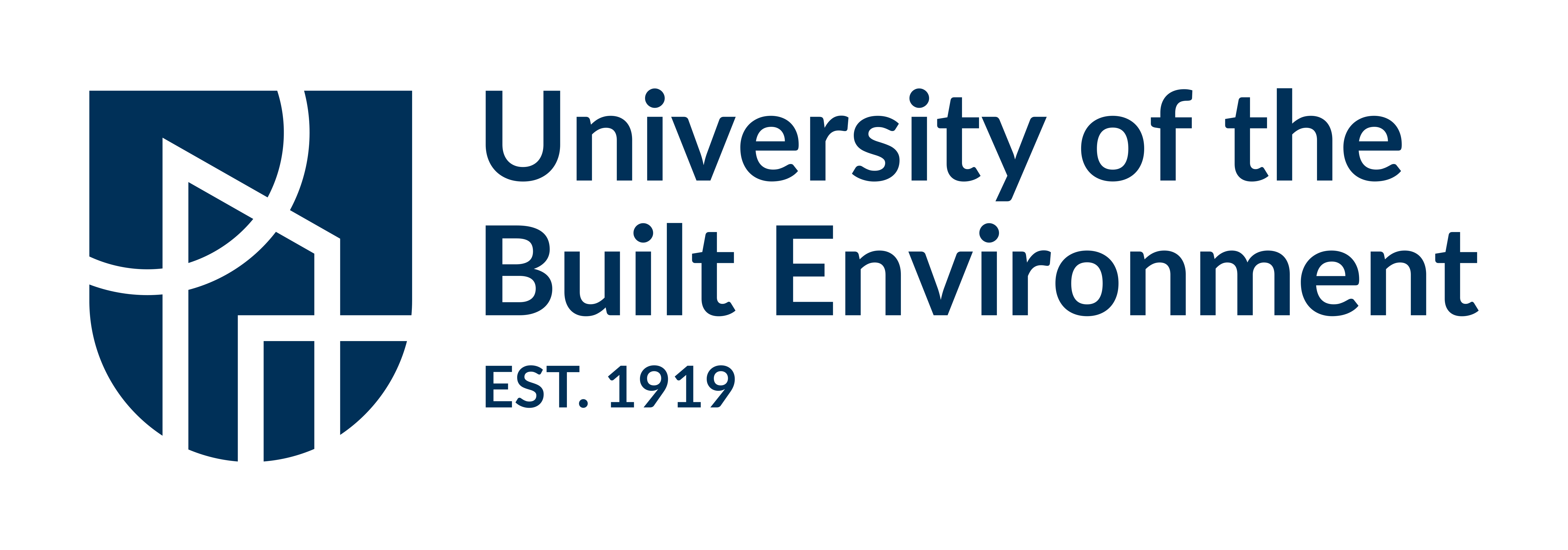Towards a Sustainable Construction Industry: A Fuzzy Synthetic Evaluation of Critical Barriers to Entry and the Retention of Women in the South African Construction Industry
Olugbenga, T.O., Rana, Muhammad Qasim and Ojo LD, Alencastro (2025) Towards a Sustainable Construction Industry: A Fuzzy Synthetic Evaluation of Critical Barriers to Entry and the Retention of Women in the South African Construction Industry. Sustainability. ISSN ISSN: 2071-1050
|
Text
sustainability-17-04500.pdf Available under License Creative Commons Attribution. Download (355kB) |
Abstract
Over the past few decades, numerous efforts have been made to increase the proportion of women in the construction industry, coupled with various calls for legislation and rules to prohibit gender discrimination. Despite these efforts, minimal progress has been noticed in the construction industry. While recruitment remains crucial, the current culture in construction reveals a knowledge gap in recruitment and retention in employment—a concept known as a ‘leaky pipeline’. Lack of awareness of career options and the challenges of working in a male-dominated, occasionally discriminatory workplace are some of the significant barriers to attracting and keeping women in the construction industry. Much of the research in South Africa shows that most construction companies employed few women but only in lower secretarial and administrative positions. Therefore, this study investigated the barriers facing women’s entry and retention in construction-related employment in South Africa using fuzzy synthetic evaluation (FSE) to understand and prioritise the barriers. Data were collected through the administration of online and paper-based questionnaires. The results of the analysis show that the barriers in the order of criticality include support and empowerment issues (SEs), educational/academic-related barriers (ABs), barriers from professional conditions and work attributes (BPs), social perception and gender stereotype barriers (SPs), professional perceptions and gender bias (PP), and individual confidence/interest/awareness/circumstance-related barriers (IBs), respectively. Based on the findings of the study, several recommendations, including on-the-job tutoring and flexible work arrangements, amongst others, were provided.
| Item Type: | Article |
|---|---|
| Sustainable Development Goals: | |
| Keywords: | construction industry, diversity, accessibility, equality, inclusivity, gender |
| Depositing User: | Muhammad Rana |
| Date Deposited: | 11 Jun 2025 11:45 |
| Last Modified: | 11 Jun 2025 11:45 |
| URI: | https://ucem.repository.guildhe.ac.uk/id/eprint/168 |
Actions (login required)
 |
Edit Item |

